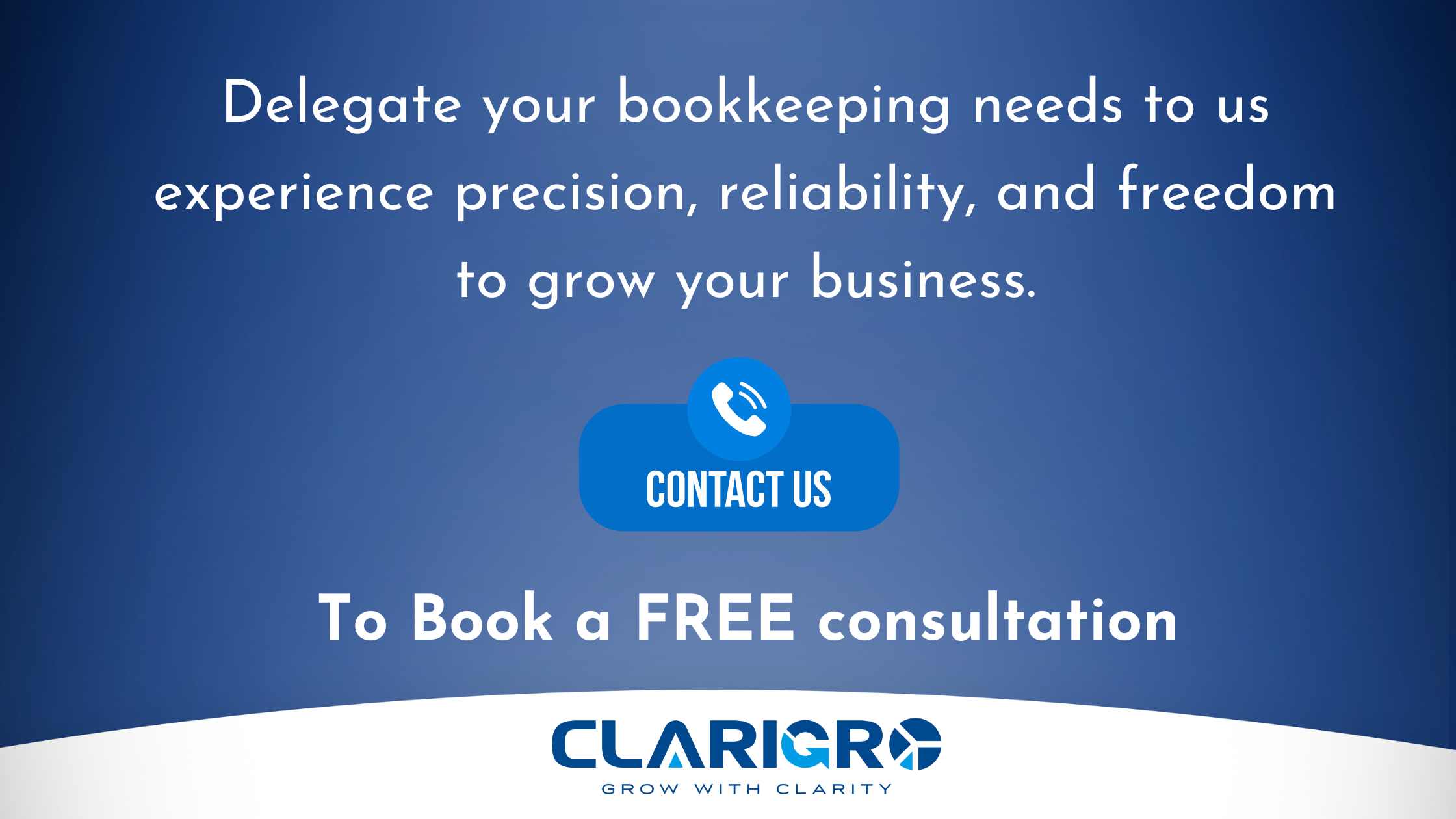Contents
Picking the right bookkeeper for your business is like looking for a needle in a haystack. It is an important decision that influences your business’s financial health and success. Whether you are a small entrepreneur or managing a thriving business, a qualified bookkeeper aids you in maintaining accurate records, warrants financial compliance, and provides insights into your financial work.
In this blog post, we’ll dig deeper into essential factors to take into account when selecting a bookkeeper, the advantages of outsourcing bookkeeping services, and how to make sure you find the perfect fit for your business. A great bookkeeper not only keeps your financials in check but also serves as a trusted advisor, helping you avoid costly mistakes.
Before we get into the nitty-gritty of picking the perfect bookkeeper, let’s quickly have a look at why outsourced bookkeeping is crucial for business.
Accurate record-keeping:

Now that we understand why remote bookkeeping is essential, let’s discuss the key factors to consider when choosing a bookkeeper for your business.
1. Experience and Qualification
The first step in hiring bookkeepers would be to evaluate their experience and qualifications.
Seek for a person who:
For example, if you are looking for accounting for e-commerce, you would like to have a professional who knows online sales platforms and the financial obstacles they have.
As per the reports of the American Institute of CPAs, around 60% of small businesses have a tussle with cash flow management. A trained bookkeeper can help lower such issues by dispensing timely and error-free financial reports.
2. Services Presented
Bookkeeping services vary broadly, so it’s important to control what particular services you require. Some relevant services are:
Ensure the bookkeeper you pick caters to your particular requirements. If you need additional services, like virtual CFO consulting or any other, seek a firm that offers these services too. This ensures a harmonious integration of services and an extensive perspective on your financial management.
3. Technology Proficiency
In the present digital world, expertise in software for accounting firms is essential, mainly in accounting for e-commerce. Your bookkeeper must be proficient in using software such as:
Figure out if they are skilled in using other tools that support your business procedures, like inventory management systems, CRM software, or e-commerce platforms.
As per the reports, 75% of small businesses are using cloud-based software for their outsourced bookkeeping requirements, indicating the transition toward digital book keeping solutions.
4. Communication Expertise
An ideal bookkeeper must possess the ability to communicate financial information understandably and constructively. They may have to explain complex financial theories in a way that makes sense to the team.
Review the following:
Building a good bond with your bookkeeper is crucial to promoting collaboration and making sure that you’re both on the same page regarding your business’s financial health.
5. Cost and Value
While cost must not be the only factor in your decision, it’s important to find a bookkeeper whose services are friendly to your pocket too. Many professionals charge hourly rates, while others offer monthly fees. Do not opt for low-cost options that may compromise the service quality in the long run.
Rather, choose the value the bookkeeper brings to your table. An experienced record keeper may cost more, but their expertise saves you money eventually through accurate tax planning and financial management.
According to an Intuit report, 45% of small business owners claimed they might have saved money if they had hired a professional bookkeeper earlier.

Once you identify a prospective person, it’s time to judge them further.
Here are some steps to help you with the procedure:
1. Ask for References and Reviews
Don’t refrain from asking for references from past or current customers or clients. Talking to other business owners regarding their experiences gives essential insights into the bookkeeper’s reliability and accuracy. You can check online reviews and testimonials to compute their standing.
2. Take Interviews
Schedule interviews with prospective bookkeepers to talk about your requirements and evaluate their fit. Be ready with questions that address their communication style, services and experience, and evaluate their problem-solving approach.
Here are a few questions you can see:
3. Trial Period
Consider starting with a trial period to assess the bookkeeper’s work. This lets you have a clear picture of how they manage your records and their communication process. Set transparent expectations for deliverables during this time to gauge their ability.
After checking your bookkeeping outsourcing service alternatives, it’s time to conclude your final selection. Consider the tips to ensure you pick an ideal record keeper:
Designating the perfect bookkeeper for your business is a vital decision that influences your financial health and comprehensive success. By taking into factors like experience, technology expertise, communication proficiency, and rate, you must make a knowledgeable choice that serves positively your specific business requirements.

Always keep in mind, that a skilled bookkeeper is not merely a financial record keeper but a partner to treasure in your journey.
As you venture into this process, take your time making a decision. The correct professional will ease your path for business finances, assist your growth, and make sure your financial compliance, permits you to focus on what you do best—skyrocketing your business to new heights.
Do you have any queries? Feel free to get in touch with our Expert today.
Start your journey with us